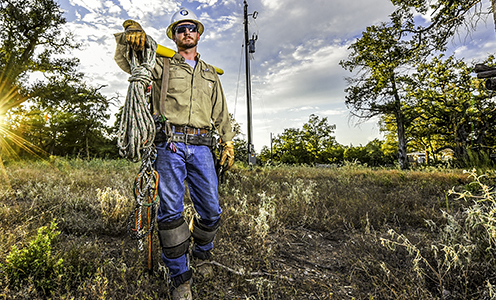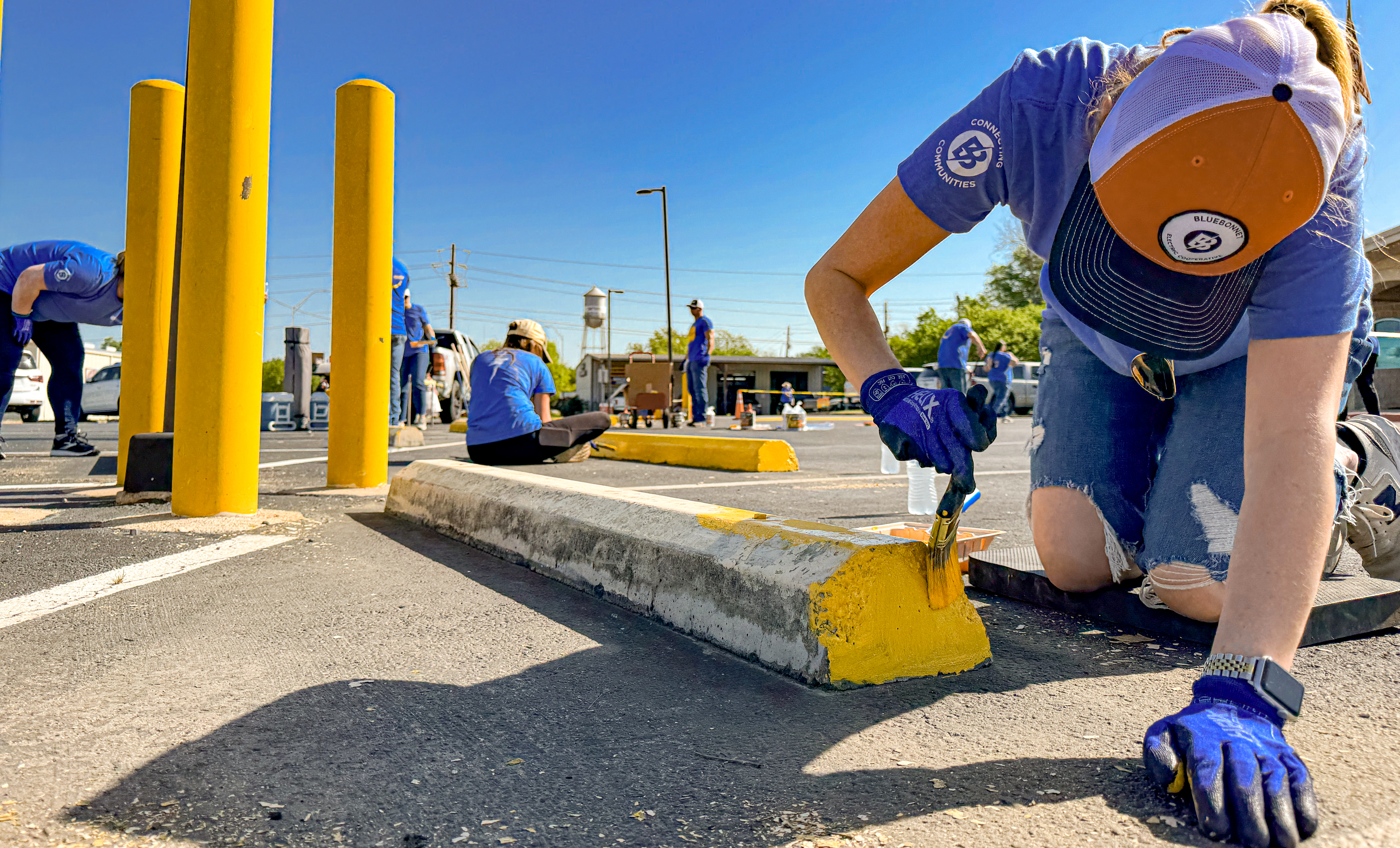Spring break is hiding in plain sight
Recent news
Director Jurk earns NRECA Gold credential
Bluebonnet Electric Cooperative Board member Russell Jurk earned a Director Gold credential from the National Rural Electric Cooperative Association, which represents more than 900 of the nation’s electric cooperatives. Jurk has served as a Bluebonnet director from District 4, Lee, Milam and Williamson counties, since 2011.
To earn this certificate, Jurk completed two other certifications — Certified Cooperative Director and Board Leadership Certificate — and three courses. He will complete three continuing education courses every two years.
The Director Gold credential recognizes directors who have demonstrated a commitment to continuing education and who understand the responsibilities of board leadership to meet evolving industry demands while upholding democratic values.





